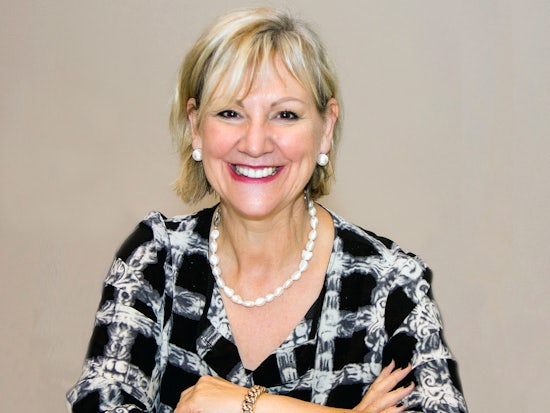Australia leading in global dementia advancements but needs national strategy
Australia is leading the way in many ways on a global level, but still needs its own dementia strategy says Maree McCabe, the Chief Executive of Alzheimer’s Australia.

Alzheimer’s Australia National CEO Maree McCabe
She highlights with its virtual dementia experience education program, which allows users to experience what it is like living with dementia, and its immersive experience Virtual Forest™ for people living with dementia, Australia is helping make genuine advancements in the global dementia field.
Furthermore, the organisation’s Biennial National Dementia conference in October has attracted renowned international speakers including Dr Cameron J Camp and Naomi Feil from the US and Prof Dawn Brooker from the UK.
There are also many Australian scientific research projects and community initiatives to help with dementia awareness and inclusiveness such as the proposed dementia village in Victoria been integrated with the local community and companies training staff in dementia awareness.
Ms McCabe believes a funded National Dementia Strategy is essential in light of the World Health Organisation (WHO) adopting a Global Plan of Action on Dementia.
Alzheimer’s Australia has identified key features of a funded National Dementia Strategy for Australia should include:
- Increased awareness to reduce stigma and social isolation associated with dementia;
- Risk reduction strategies which look to partner with other health promotion campaigns sharing common risk factors;
- Timely diagnosis to connect people with dementia to the support and services they need sooner;
- A coordinated approach to post-diagnosis care and support;
- Initiatives to improve the quality of care for people with dementia;
- End-of-life care to support the choices of people with end-stage dementia; and
- Investment in dementia research and support for consumer involvement in dementia research.
“A plan which achieves these outcomes would go a long way toward contributing to the global targets set out in the Global Plan of Action and ensure that people living with dementia are treated with respect and dignity,” Ms McCabe says.
She adds consultation with a broad base of stakeholders was necessary, including government, people living with dementia, their families and carers, healthcare professionals, care providers, policy makers.
Current figures estimate there are 400,000 Australians living with dementia, costing the community $14 billion. And these figures are set to rise. “By 2050, it’s estimated there will be one million people living with dementia in Australia,” she says. “There won’t be anyone in Australia impacted in some way; we’ve got to be working on what to do now.”
The renewed call for a national strategy comes at a time as the organisation is undergoing a restructure to operate as a single body from 1 July, which will enable greater accessibility to dementia resources and information across Australia.
“For instance, programs in New South Wales and Queensland will be accessible to people in South Australia,” says Ms McCabe.
Overseeing the unification of around 500 staff and between 300 – 400 volunteers is no mean feat. Ms McCabe says there’s a lot to do! “But it’s exciting and a fantastic opportunity for people living with dementia,” she says. She also highlights partnerships will remain a key part of the organisations work in order that people are referred to where they are best served.
After the unification, the newly appointed CEO will be working on changing the name of Alzheimer’s Australia to reflect anyone living with dementia has access to its services.
For information and support call the national helpline 1800 100 500 or visit the Fight Dementia website.























